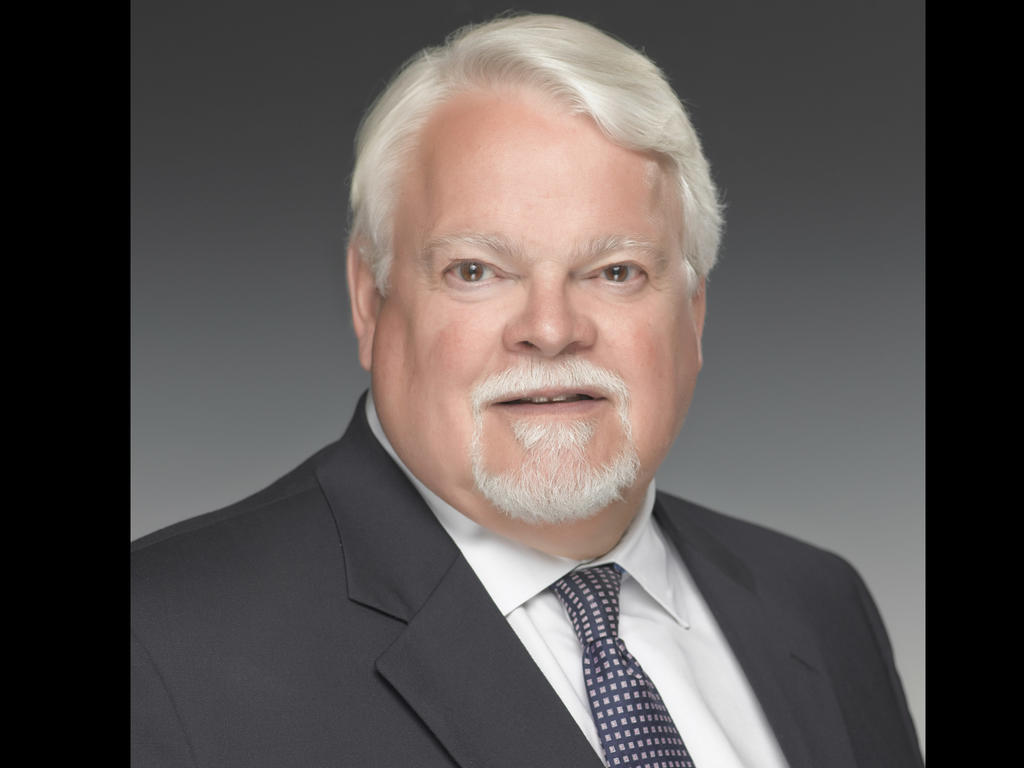By John Churchill ’71
There are two possible fates for the American postsecondary education system. One is for it to maintain its current status as a factory that produces debt-slaves and baristas that can recite Immanuel Kant’s passages from memory. The other is for Universities and Colleges to become leaner, more-functional institutions that remove all unnecessary coursework, and focus only on what matters. thoughtcatalog.com “The Case for Removing (Almost) All Liberal Arts from College” --Matt SaccaroOne of the great take-aways from the Jim Jobes logic course I took in spring term 1970 was an awareness of informal fallacies. Formal fallacies are violations of the principles of deduction, but informal fallacies fail for various other reasons. Most people know about the ad hominem fallacy, which attacks the speaker rather than what she says. Or the slippery slope argument, which equates the first step in some direction to arrival at a far, presumably undesirable, destination: "If you fib to keep from hurting someone's feelings, you may as well lie on your tax return."
One of the most common informal fallacies is the fallacy of false alternatives. It consists of reducing a broad range of possibilities to two extreme options: "He who is not with us is against us," or "Today, you can be a hero or a coward; take your pick." Too often, in our contemporary national conversation about the purpose and future of higher education in America, a particular fallacy of false alternatives is used to define the options.
For example, Matt Saccaro, writing for thoughtcatalog.com, states, "There are two possible fates for the American postsecondary education system. One is for it to maintain its current status as a factory that produces debt-slaves and baristas that can recite Immanuel Kant’s passages from memory. The other is for Universities and Colleges to become leaner, more-functional institutions that remove all unnecessary coursework, and focus only on what matters." These lines are from an essay titled “The Case for Removing (Almost) All Liberal Arts from College.”
Note what raw versions of the familiar negative myths about liberal arts education are bundled here: "debt-slaves," "baristas," and the notion that liberal education is useless, the evidence being that we can quote Kant. These distortions can, and should, be laid to rest. Phi Beta Kappa's current National Arts & Sciences Initiative is dedicated to demonstrating that the arts and sciences expand opportunity, drive ingenuity and innovation, and are an investment both in the future of America and in the individual's future prospects as a professional, a citizen, and a whole, flourishing human being. I invite readers to explore the Initiative at www.pbk.org.
The false alternative argument cited above begins by treating higher education as if it were all one thing. In fact, American higher education is a broad, highly various sector comprising institutions of widely different types and missions: small liberal arts colleges; large public, multi-purpose institutions; research universities, both public and private; two-year institutions; for-profits; vocational schools of various sorts; and so on. But it is common to hear blanket pronouncements that ignore this diversity, and suppose that all higher education has one aim, suffers from the same flaws, and greets the same range of options for the future. This is misleading. The future of small, residential, academically demanding liberal arts colleges and the future of other kinds of institutions will be shaped by different factors.
The fallacy of false alternatives adds a further mistake. In addition to lumping together everything called a "college" or a "university," it also claims that this undifferentiated mass is headed for one of two starkly contrasting, exclusive, and exhaustive outcomes: one of two sharply different things must happen to every college or university.
But clearly this is not true, and different institutions should and will choose different futures. "Focusing on what matters," in a broad, long-range perspective, means for institutions like Rhodes, for example, focusing on the arts and sciences. Moreover, in a democracy that embraces equality of opportunity, some element of liberal arts should be in everyone's college experience, regardless of institutional type. Everyone can profit from close engagement with reading about, writing about, and discussing things that matter. Everyone deserves engagement with the humanities, the social sciences, and the natural sciences and math. To reduce some sectors of higher education to narrowly conceived "practical" training is to forestall the emergence of extraordinary ability where its potential may exist, a policy that is as unfair as it is unwise.
If we want to talk sense about higher education in America, we have to acknowledge the many different kinds of institutions that exist, with their different purposes, and different constituencies. The topic is complex, and simple pronouncements that reduce the issues to universally applied yes-or-no questions will seldom be true or useful. Another benefit that accrued to me from Jim Jobes' course was a tolerance for complication. Some things are complicated, and denying it only makes them more so.
John Churchill, Secretary of the Phi Beta Kappa Society, is a 1971 graduate of Rhodes College. He majored in philosophy, which turned out to be eminently practical.
